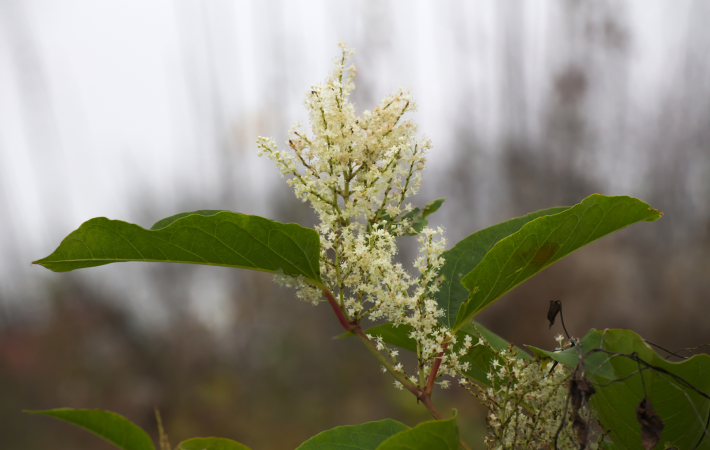22 May 2023
Councils liable for damages to private property caused by Japanese knotweed


In a historic new precedent set by the Court of Appeal, councils may now be liable to cover the costs associated with a loss in value to private property caused by Japanese knotweed.
The perennial weed has long since been recognised as a pervasive problem for landowners, causing untold structural damage to properties and reducing property value by as much as 15%.
While councils have historically had to foot the bill for eradicating the persistent blight from public land and footpaths, on private land it has previously been the responsibility of the homeowner.
However, the Court of Appeal has now ordered a local authority to pay almost £5,000 in damages to a homeowner whose property was infested with the plant. This sets an alarming precedent for councils across the UK, many of which are already struggling to reconcile funding problems.
In Davies v Bridgend County Borough Council [2023], Mr Davies argued that Japanese knotweed had been allowed to infest his property from the adjoining disused railway to the rear of his garden. When he purchased the property in 2004, he had not realised (or indeed been made aware) that the plants covering the adjoining land were the pervasive weed.
Despite Mr Davies treating the weed and completely eradicating its presence from his land, it was determined that it had already damaged the value of his property after being allowed to grow unimpeded on the adjoining council-owned property for more than 50 years. It was considered a breach of duty on the council’s part, as it had freely allowed the weed to encroach onto Mr Davies’ property through inaction, resulting in an actual interference to Mr Davies’ quiet enjoyment and amenity of the property.
Bridgend County Council has also been ordered by a senior judge to pay £300,000 in legal bills as well as damages to the claimant.
Critically, the landmark decision opens up local authorities across the UK to new lawsuits where knotweed from neighbouring land has made a physical encroachment onto homeowners’ land, in which perceived negligence in identifying and taking necessary steps to treat Japanese knotweed negatively impacts the economic value of their homes.
Local authorities may wish to take this time to carefully and thoroughly check any land that comes under their jurisdiction for the presence of Japanese Knotweed and ensure that measures to effectively treat it are taken - or risk further fallout.
Speaking in the legal case, Tom Carter, a knotweed specialist barrister who represented Mr Davies at the Court of Appeal, said: “It confirms that a homeowner who suffers a loss in the value of their home from the stigma left by Japanese knotweed even after it has been treated can recover damages for that loss.”
If you’re concerned about this ruling and what it could mean for your operating costs, contact our leading local authority specialists to discuss how we can support you.

Contact Reece to discuss this further.